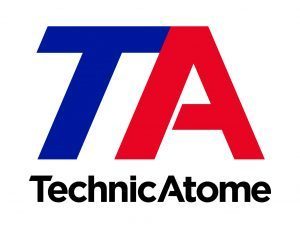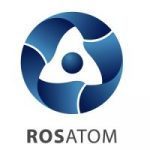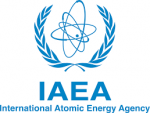2020 requires us to constantly adapt to an ever-evolving situation. Due to strict restrictions for travel to Finland, the 2020 Research Reactor Conference will pivot to a 100% online event.
We will offer a rich mix of technical presentations, keynote speeches, interviews, and panel discussions with live Q&A. Like for all our events, we will organise a poster session and you will be able to have face-to-face discussions with our exhibitors.
In live video chats, we will have the opportunity to see and talk to each other, catching up after all these months – this time without having to travel across the globe.
Sessions will be scheduled from Monday 12 October to Thursday 15 October between 2PM and 7PM CEST, allowing participants from all over the world to conveniently attend all live sessions. You will still have to miss a session because of other obligations? No worries, content will remain available on demand for an entire year.
The adaptation of the programme to the new situation is in full swing. Stay tuned. As the event approaches we will provide you with more information through our mailing list, on LinkedIn or Twitter .
Get ready to join us for this unique get-together of the research reactor community!




All rates excluding applicable VAT